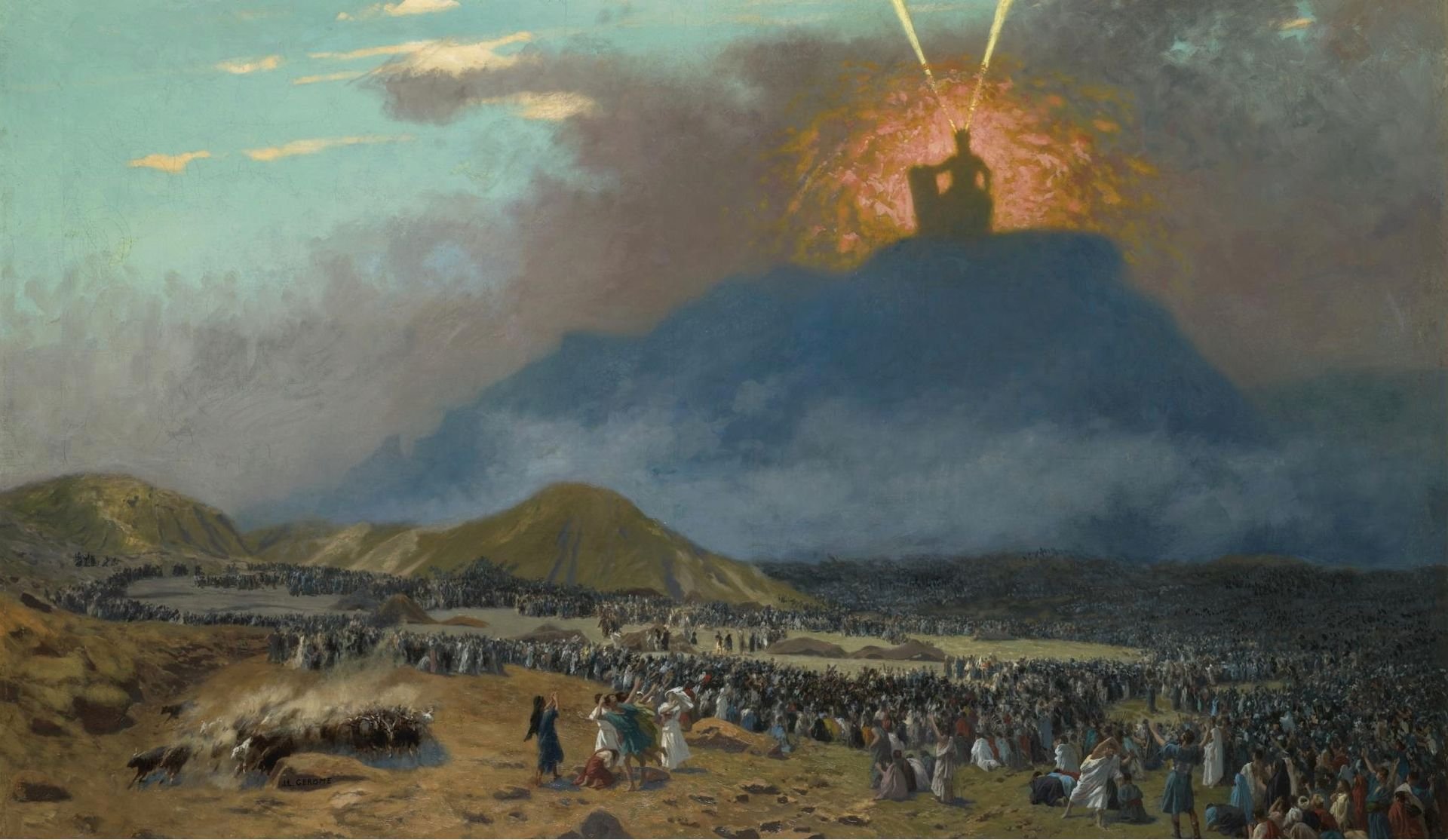
Make it stand out.
Take a minute to write an introduction that is short, sweet, and to the point.

Shavuot: The Feast of Weeks
Shavuot (שָׁבוּעוֹת, Shavuot, "Weeks") is one of the sacred Appointed Times (Moedim) given by Yahweh, marking both a harvest celebration and a covenant moment between God and His people.
Biblical Foundation
Shavuot is commanded in the Torah as the time to bring a firstfruits offering from the wheat harvest (Exodus 34:22).
It falls after seven complete weeks of counting — a period known as the Counting of the Omer — beginning on the day after the Sabbath during Passover.
On Passover, Israel was set free from slavery; on Shavuot, they were invited into covenant with Yahweh.
The journey from Egypt to Sinai was not just a rescue — it was a betrothal.
Freedom was not the end of the story; it prepared the people to receive the Word of Yahweh, becoming a nation bound to Him by love and obedience.
Shavuot and the Giving of the Torah
According to ancient Jewish tradition, it was on Shavuot that Yahweh descended upon Mount Sinai and gave the Ten Words (Commandments) to Moses and Israel (Exodus 19–20).
Though the Scriptures do not explicitly name the date, rabbinic tradition places the Sinai event at fifty days after the Exodus.
Thus, Shavuot is celebrated not only as a feast of the harvest but as the day Yahweh gave His covenant to His people — a marriage proposal from Heaven.
Connection to the Renewed Covenant (New Testament)
Shavuot holds profound significance in the New Testament as well.
On the day of Shavuot following Yahushua’s resurrection, the Spirit of Yahweh was poured out on the believers in Jerusalem (Acts 2).
This moment, often called Pentecost (Greek for "Fiftieth"), marked the beginning of the great spiritual harvest, as Yahweh’s Word was written on hearts rather than stone.
Just as the Torah was given at Sinai to form a people, so the Spirit was given at Shavuot to form a new creation in Yahushua.
How Shavuot is Celebrated Today
In Israel, Shavuot is celebrated for one day and is recognized as a national holiday.
In Jewish communities outside Israel, it is traditionally observed for two days.
Shavuot is a time of:
Bringing firstfruits to Yahweh
Remembering the gift of the Torah
Celebrating the outpouring of the Spirit
Renewing our commitment as His covenant people


